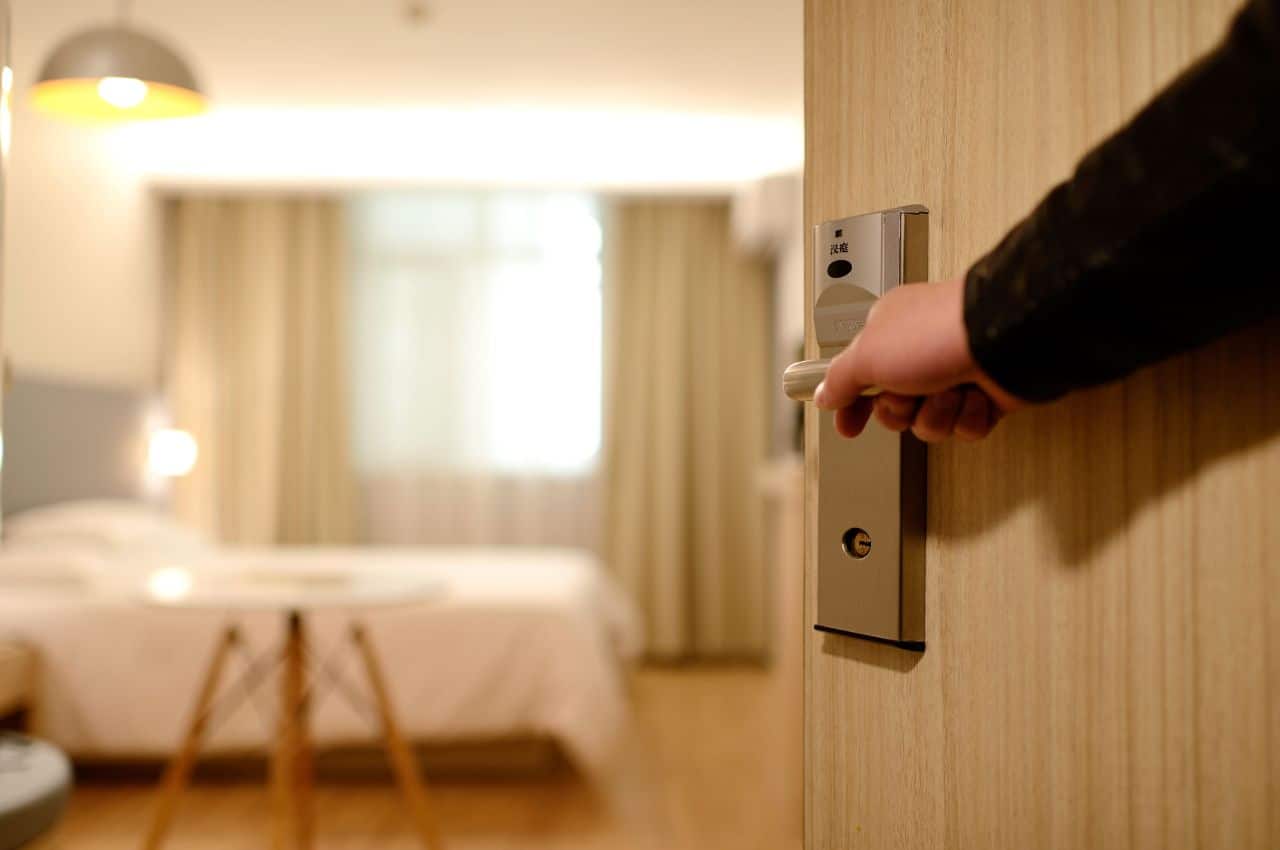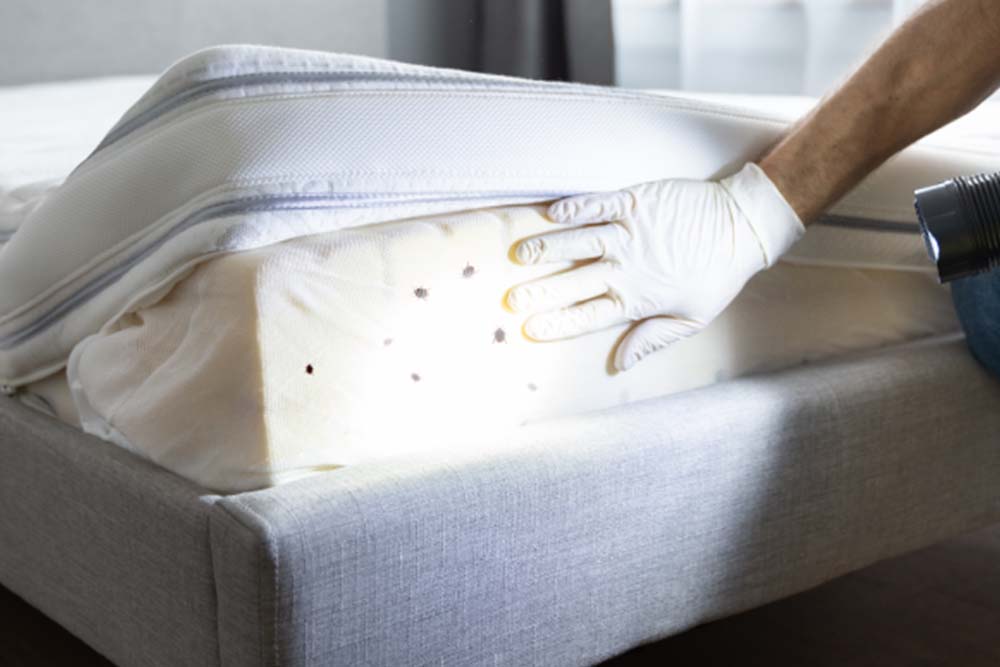In the hospitality industry, maintaining a pristine environment is paramount, and one of the most challenging aspects of this is managing pests. Learning how to educate housekeeping on pest detection can significantly enhance the quality of service and safeguard the reputation of an establishment. This article dives deep into the methods and importance of training housekeeping staff in identifying and managing pest issues before they escalate.
Housekeeping staff are the frontline defenders against pest invasions. Their daily interactions with the hotel environment make them ideal candidates for spotting early signs of pest activity. Mastering pest detection can prevent minor problems from turning into significant infestations, which could otherwise lead to costly interventions and damage to the establishment's reputation.

Understanding the Importance of Pest Detection
Why is pest detection crucial in the hospitality sector? The presence of pests can lead to negative reviews, loss of business, and health code violations. Thus, educating housekeeping staff on pest detection not only helps in maintaining a clean environment but also contributes to the financial health of the business. According to McCloud Services, common pests found in hotels include bed bugs, cockroaches, and rodents, all of which can be detrimental to a hotel's reputation.
Key Strategies for Educating Housekeeping Staff
Training Programs and Workshops
Organizing comprehensive training sessions is a fundamental step in educating housekeeping staff. These programs should cover the types of pests commonly encountered in hotel environments and the signs of their presence. Practical workshops can be particularly beneficial, as they allow staff to see real examples of pest signs and learn how to respond appropriately.
Utilizing Digital Tools and Technology
Incorporating technology in pest detection can greatly aid the process. Utilizing apps and digital platforms for reporting and tracking pest sightings can streamline communication and ensure swift action. For instance, setting up digital pest monitoring in hotels can provide real-time data to housekeeping and management, enabling proactive measures.
Regular Drills and Simulations
Conducting regular drills and simulations can reinforce training. These exercises can simulate pest scenarios, allowing staff to practice their responses in a controlled environment. This method ensures that when a real pest issue arises, the staff is prepared and confident in their ability to handle it efficiently.
Implementing a Pest Detection Culture
Beyond formal training, creating a culture of pest detection within the housekeeping team can lead to more effective pest management. Encouraging open communication about pest sightings and fostering a sense of responsibility can empower staff to take initiative. Regular meetings where staff can discuss and share pest-related experiences can also enhance collective knowledge and vigilance.
Leveraging External Expertise
While internal training is crucial, collaborating with pest control professionals can provide additional insights and support. Professionals can offer advanced training sessions and keep the staff updated on the latest pest control techniques and technologies. According to Rentokil Pest Control, integrating professional pest management services can complement the efforts of housekeeping staff and ensure comprehensive pest control.
Conclusion
Educating housekeeping on pest detection is not just about training; it's about instilling a proactive mindset and creating an environment where pest management is a shared responsibility. With the right training, tools, and cultural approach, housekeeping staff can become invaluable allies in maintaining a pest-free and welcoming hotel environment.

FAQs
How often should housekeeping staff undergo pest detection training?
Regular training sessions, ideally held quarterly, are recommended to ensure staff are up-to-date on the latest pest detection techniques and technologies.
What are some common signs of pest infestations?
Common signs include droppings, gnaw marks, nests, and unusual odors. Housekeeping staff should be trained to identify these indicators.
How can technology aid in pest detection?
Technology such as digital monitoring systems and mobile apps can provide real-time data and streamline reporting, making pest detection more efficient and effective.
